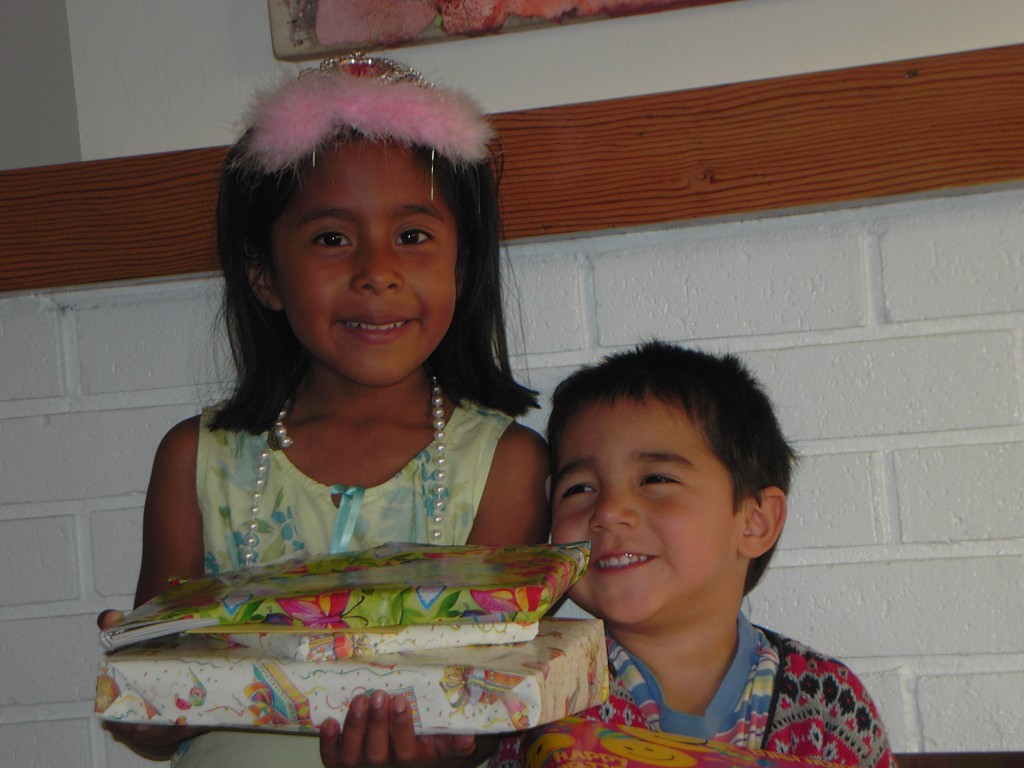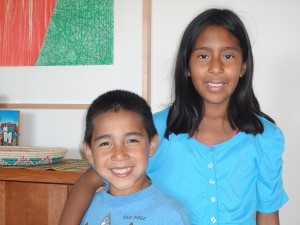A wonderful article about Mamalita: An Adoption Memoir, titled “The Power of an Adoptive Mother’s Love” and written by Paul Liberatore, appeared in the February 4, 2011 online edition of the Marin Independent Journal. I especially love that Libertore places adoption within the context of Guatemala’s history of political turmoil, alluding to the country’s 36-year civil war that ended in 1996.
O’Dwyer’s memoir is an inspiring tale of a woman’s fight for her child, but it’s also an indictment of the international adoption system. In Guatemala, a culture that was foreign to her and with only high school Spanish to rely on, she found herself up against the dark, seedy even dangerous forces that have infected adoption in a country that is still healing from decades of civil war and political unrest.
For the past few months, I’ve traveled around the country discussing Mamalita, and I’ve been struck by how many adoptive families describe an emotional roller-coaster ride similar to the one we rode during our adoption journey. Liberatore writes:
In the beginning, O’Dwyer had reason to be hopeful. “I’ve never given birth,” she writes, “but I know the exact moment when I became a mother: 10 a.m. Sept. 6, 2002.”
That was when she and her husband got their first loving look at their infant daughter in the lobby of a hotel in Guatemala City. Their joy was short lived. Getting the baby home would involve dealing with endless red tape, official corruption, attempted extortion, bribery and the gnawing fear that her baby could be taken from her at any time. Or worse.
“That was the biggest threat,” she remembered, “that someone would take the baby that you were now in love with, that you now regard as your child. And you have no idea what could happen to her.”
She recalls one terrifying instance when she and her husband and their daughter were triple locked in a sleazy lawyer’s office in a menacing section of Guatemala City.
“At that moment, we realized that no one in the world had any idea where we were,” she recalled. “We could just disappear off the face of the earth and who would know? What we were afraid of was that we never knew what could happen.”
Although the details of our adoption might be unique, the feelings of helplessness seem almost universal. As posted on this blog many times before, the families known as the Guatemala900 are still waiting for resolution of adoptions started before December 2007. During my interview with Libertore, he asked me, How exactly did we turn the tide? Why were we able to succeed? That’s a question my husband and I have asked ourselves many times. If I hadn’t moved to Antigua, if we hadn’t done what we did, would Olivia have remained in Guatemala even now? Here’s my answer:
“I believe the reason I was able to succeed was because the people in the bureaucracy saw that I was not going away, that I was dedicated to my daughter, that I was trying to be a good mother and that I was willing to do whatever they told me to do and that I was going to keep doing it until I succeeded,” she said. “They saw that I was sincere, and I think they respected that.”
For families who are waiting: You continue to press for resolution and advocate for your children. That has to count for a lot.
To the Marin Independent Journal: Thank you for helping to raise awareness about international adoption.


 ShareThis
ShareThis





 ShareThis
ShareThis